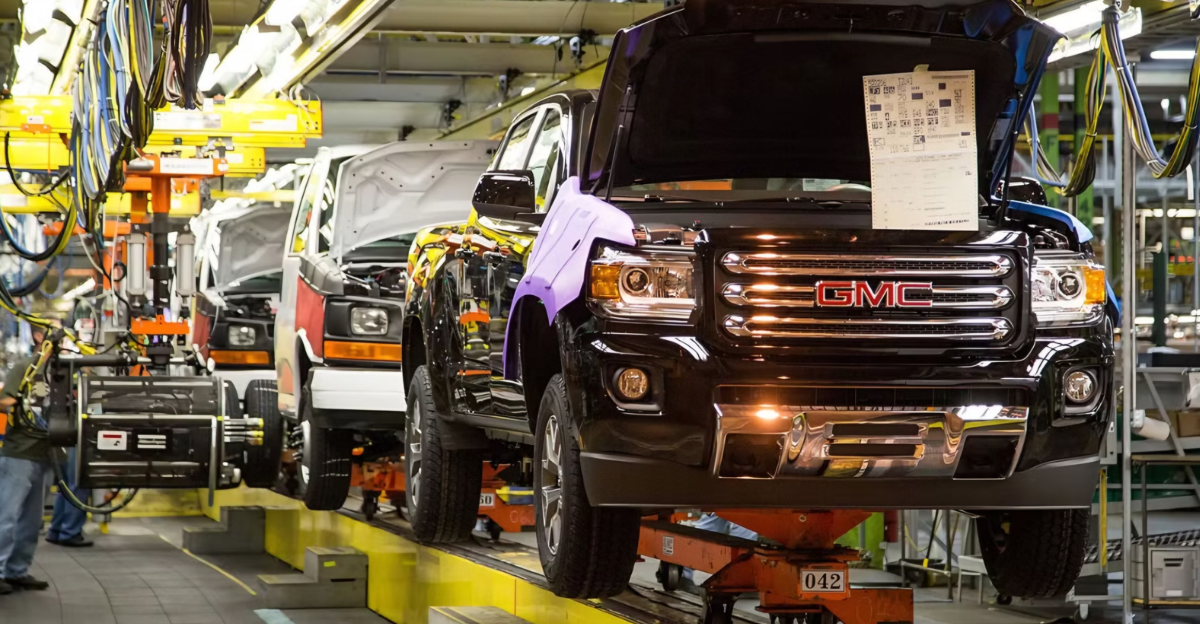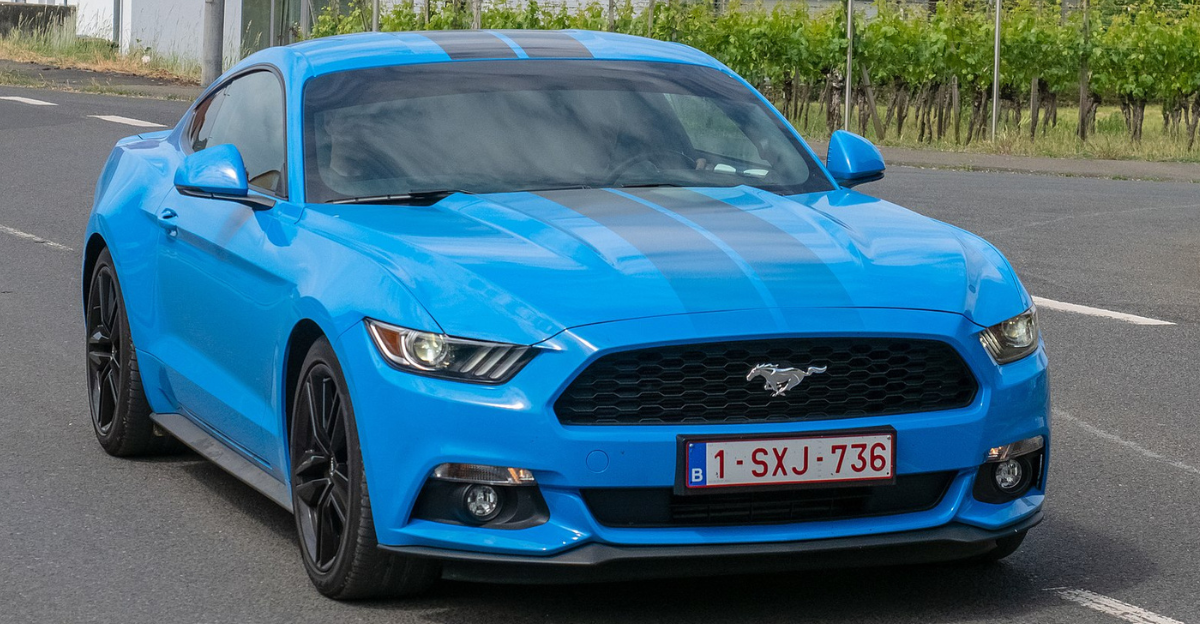
General Motors is a prolific car company in the United States that’s been around for over a hundred years. GM has exported cars to many different countries, mostly Canada, Mexico, and Western Europe, but a few were exported to China. However, the company has recently announced that they will stop sending their cars to China.
This move is in the interest of the company’s interests, stating that it has everything to do with lower demand and economic uncertainty. In the face of tariffs, many American companies have been struggling to import their goods; GM is flipping the script and cutting off their own exports in the best interest of continued revenue and higher profit margins.
The Trade War

To understand more about GM’s decision, the ongoing trade war between the U.S. and China needs to be contextualized. The U.S. and China have been imposing tariffs on each other for years. This means that many products, both imported and exported, are taxed more, which often results in companies having to raise their prices.
China recently raised the import tariffs on cars by a significant amount. Cars in America end up costing a lot more once they’ve been shipped to China, making them unaffordable for the domestic market in China and meaning American companies struggle to sell their products.
Selling In A Domestic Market

Thankfully, GM doesn’t have to export many of their cars to China, as most of them are already built there. Less than 1% of GM cars sold to China were exported.
This means that GM’s sales shouldn’t decline drastically, and for the most part, they should avoid tariffs. This also indicates that the immediate impact on Chinese buyers should not be affected, as most are buying cars already built in the country, avoiding hefty tariffs altogether.
Just Too Expensive

With the repercussions of cutting off their exports of cars to China being small to insignificant, GM can beat the high tariffs they would have to pay on the few cars that they export to China. These vehicles would be inaccessible to most people in the Chinese market anyway, and locally built cars would be far better alternatives.
China has raised these tariffs historically to make it harder for foreign automakers to compete with local manufacturers. GM has stated that the Chinese market is important and that the shift is more of a reorganization than anything else.
Other Companies

GM isn’t the only car manufacturer that sees no value in exporting high-tariffed vehicles to China. Ford has recently stopped exporting some of its popular cars, like the Mustang and Bronco, to China. After the tariffs were raised, Tesla closed off future orders for the Model S and X in the country.
This trend of American-based car companies shows that it is part of a broader strategy to find better solutions to beat tariffs rather than absorbing the cost or moving it onto the consumer.
Impact On Jobs

Since the amount of cars that are built in America and exported to China aren’t a monumental amount, the amount of jobs that are expected to be loss are minimal for now. However, GM has stated that the Chinese market is a large one for their vehicles, mostly buying their models built in the country.
If tensions rise or GM somehow loses this market, then more jobs could be at risk, both in America and in factories in China. GM will continue to “reorganize” in the face of tariffs, and the solutions they come up with could be a beacon for other American car companies or could be a disaster.
Chinese Cars

Historically, China has relied on foreign companies for their car production to fill out the roads. However, in more recent years, many local Chinese car companies have emerged, undercutting once well-grounded car manufacturers.
Companies like BYD, Geely, and NIO are innovating at a rapid pace, becoming more reliable and attractive than before. This is in part thanks to strong support from the government, whose interest is in strong domestic production without reliance on foreign investment. These brands are starting to pick up the pace quickly in China and some are even reaching outside of the country’s borders.
American Car Buyers

GM stopping their exports to China won’t have any repercussions on the American market just yet, meaning that American consumers shouldn’t see a rise in price, a change in stock availability, or any other concerning changes. Despite a 90-day trade reprieve, tensions could escalate at any point in the future, meaning that the unpredictability of tariffs could be another reason for GM to rethink its strategy.
If tariffs increase in other areas, such as car parts and materials, local American companies may have to increase the cost of their vehicles to compensate for a more expensive production.
New Strategies

As tariffs loom not only in the automotive sector but many others, companies are having to adapt quickly or face harsh taxation. Many car companies are looking to change their supply chains by moving production closer to the domestic market.
New suppliers for similar parts and materials are also being looked into, making American businesses less reliant on China for so many items essential in car manufacturing. Manufacturers might invest in domestic factories and local jobs to strengthen the economy. These pivots would incur short-term expenses but could set up a more viable long-term solution to trade wars and tariffs.
What Consumers Should Look Out For

GM and many other car manufacturers changing their strategies for the Chinese market should be a sign for consumers to read carefully. As countries like China and the U.S. put up trade barriers, consumers are generally the ones affected the hardest, with increased prices on anything and everything from limited availability.
Local and foreign jobs could also be in jeopardy from these tariff escalations. Once the 90-day trade truce is over, we’ll see what cards the U.S. and China have on the table.
Discover more trending stories and Follow us to keep inspiration flowing to your feed!

Craving more home and lifestyle inspiration? Hit Follow to keep the creativity flowing, and let us know your thoughts in the comments below!
